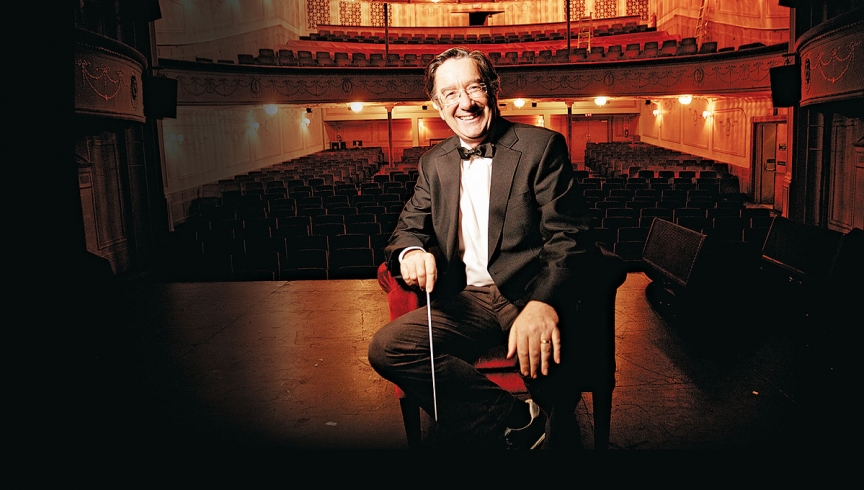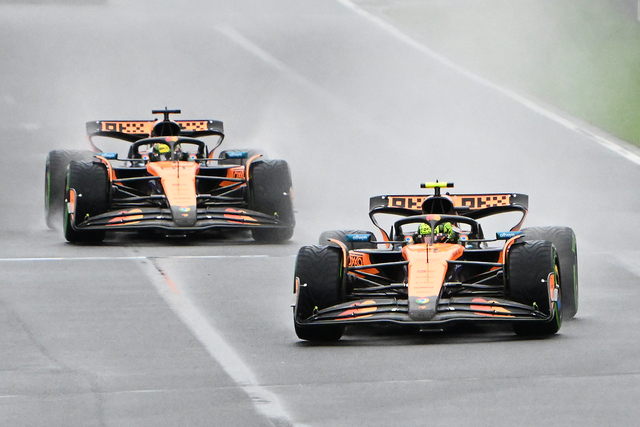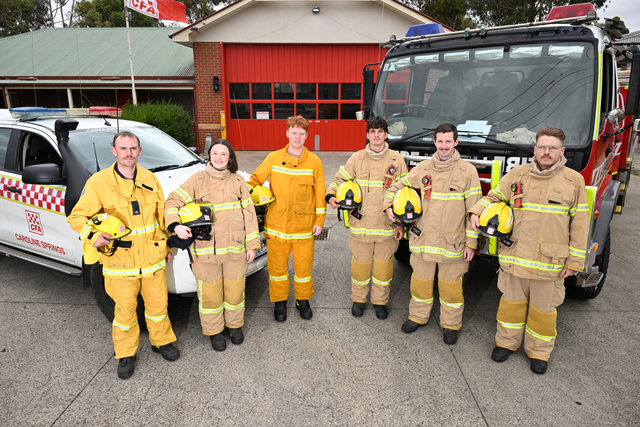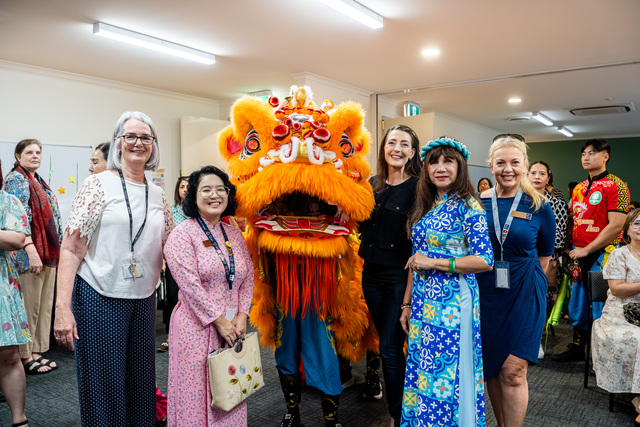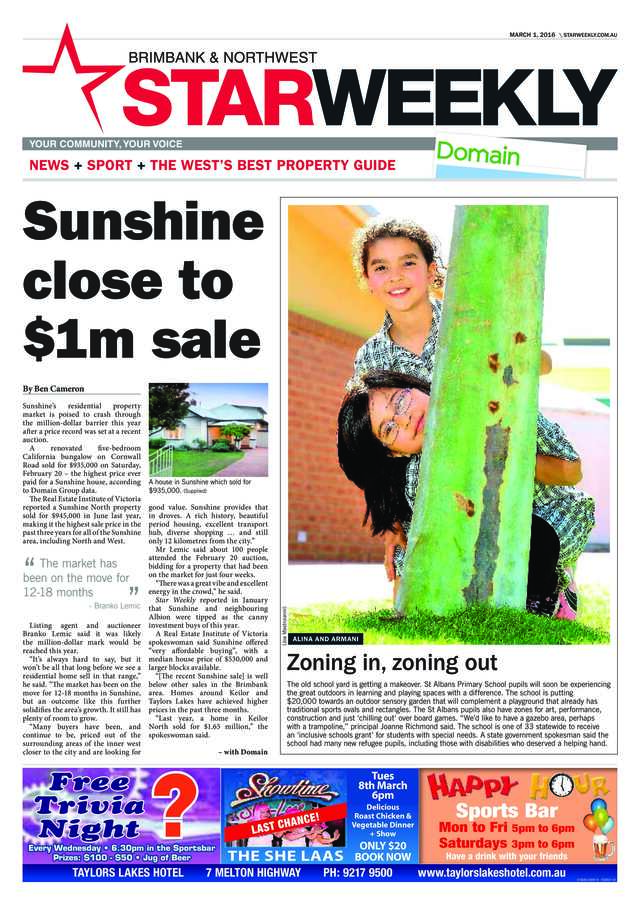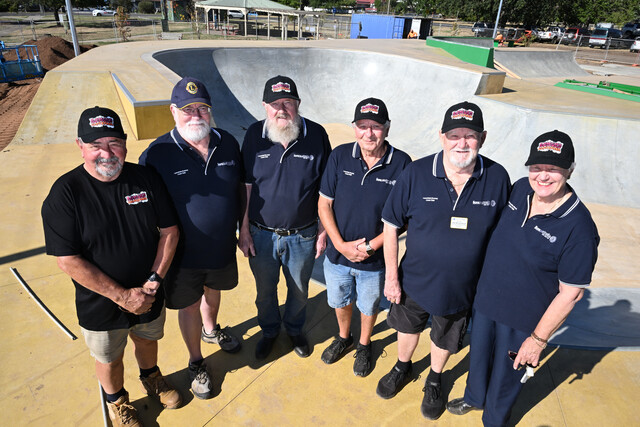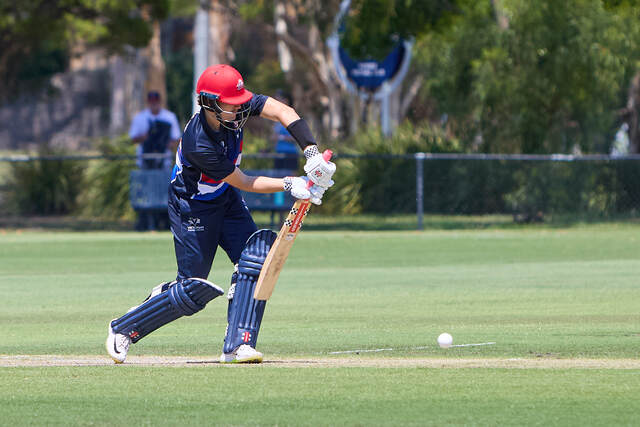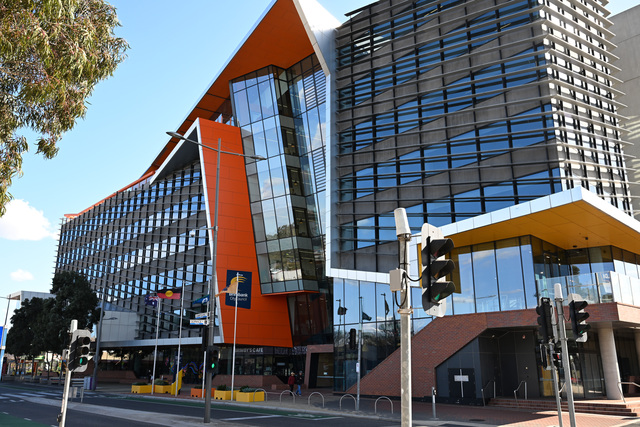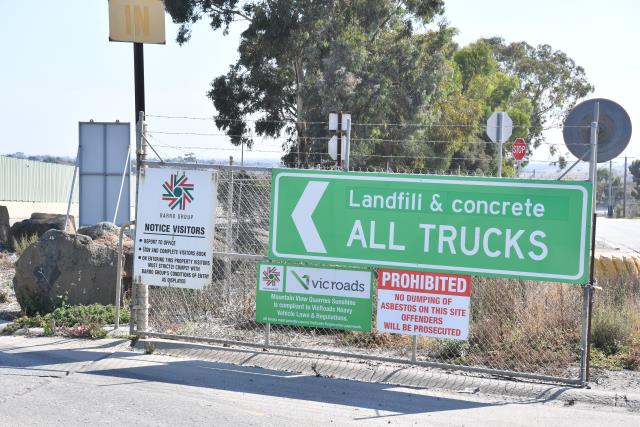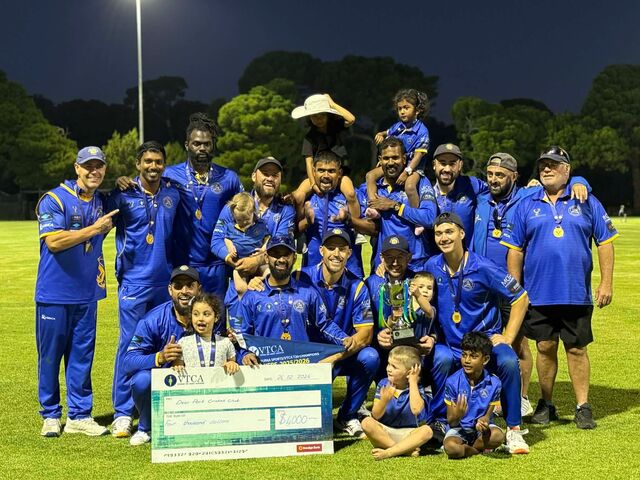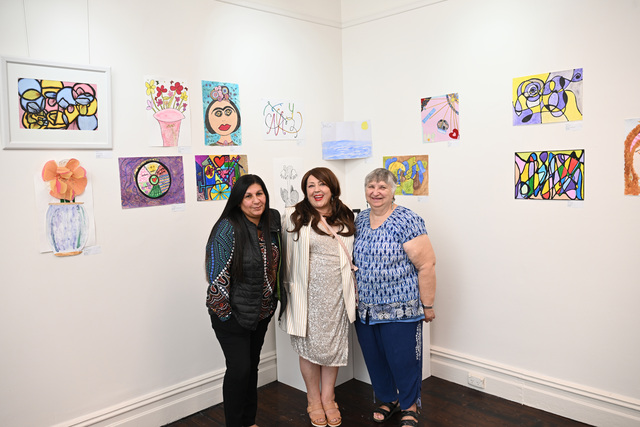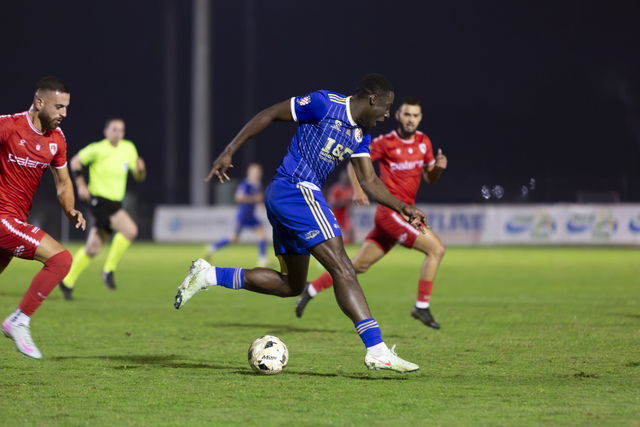There’s no textbook on keeping a musical ensemble in sync by waving around a tiny baton.
“Conducting, you learn by observing as much as anything else,” Greg Hocking explains.
“The technical side of it is not that difficult. It’s more rehearsal technique and how you get on with a large group of people. It’s almost psychological.”
We’re seated in Hocking’s Moonee Ponds lounge room, where a grand piano overlooking a window takes centre stage.
The 58-year-old is warm and jovial as he talks of developing a love of classical music at a young age.
After finishing high school at Essendon Grammar, Hocking studied music at Melbourne University in the early ’70s.
It was there he stumbled into the art of conducting. With no formal training available, his only option was to practise religiously and soak up knowledge from the handful of people in the business.
Hocking graduated and went on to score a gig conducting for the Queensland Opera.
He then progressed to the Australian Opera, based in Sydney, in an administration role which, he says, allowed him to study under famous conductors such as the late Carlo Felice Cillario.
“I was able to attend a lot of rehearsals and do a lot of conducting study on the side,” Hocking says. “Because it’s mainly a leadership thing, a lot of people think, yeah, I can do that. And then they find out they can’t.”
These days Hocking runs the Melbourne Opera Company out of the Athenaeum Theatre in Collins Street.
His role as ‘frontman’ is largely conducted behind the scenes. “If you’re good at rehearsal, by the time you get to the performance you’re just guiding. But conducting is endlessly stimulating; you never get bored.”
Except, perhaps, when things turn pear-shaped, which Hocking says happens from time to time. He tells an anecdote about Madame Butterfly, an opera hinging on a dastardly lover returning, which features a bass drum player creating a cannon shot.
“The bloke playing on the bass drum was chatting up the lady playing the clarinet, who didn’t have much to do,” Hocking recalls.
“There was a long wait. I glanced over. I could see they were paying no attention whatsoever. I started coughing to try and get his attention. Nothing. I had to go, ‘Ahem!’
“The guy just about dropped everything. He whacked the drum and we were able to keep going. Of course, he shot through at the end of the show and I never saw him again,” Hocking says with a laugh.
He established Melbourne Opera in 2003 to fill the void left by the collapse of the Victorian State Opera in the mid ’90s. He describes the ‘new’ company as a stepping stone for fledgling performers.
“It’s quite hard to get meaningful experience as an opera singer,” he says. “That’s what keeps the older people like me interested because we’re able to see these people’s careers go forward.”
Conducting has been a big part of Hocking’s life, but he insists his main gig is being one of Australia’s leading theatre producers.
“Theatre producing is very much independent, entrepreneurial, learn-on-the-job and make your mistakes as you go.”
It all started when Hocking moved back to Melbourne in 1979 and founded the iconic Universal Theatre in Fitzroy, the birthplace of such stars as Max Gillies and Nick Giannopoulos.
“The Universal Theatre was almost a laboratory. It was a very accessible, rough and ready theatre where lots of shows started out,’’ Hocking says.
“It was a little 300-seat theatre in Fitzroy before Brunswick Street was Brunswick Street.”
Hocking enjoyed early success as a producer with hits including Robyn Archer’s one-woman cabaret A Star is Torn.
One of his biggest triumphs was producing Wogs out of Work, which led to the cult TV series Acropolis Now and a string of spin-offs.
“It just boils down to judgement. And of course you have as many misses as hits,” he concedes. “In the mid-’80s it was highly offensive [to be called a wog]. And of course they liberated the word.”
Perhaps of even more importance was Hocking’s part in establishing the Melbourne International Comedy Festival in 1986.
He says the idea was planted by then South Australian premier Don Dunstan. “He saw all these little comedy venues and said, ‘Hey, you’ve got something here’.”
Hocking and Melbourne’s close-knit group of promoters soon formed a committee and hatched the idea for the festival, “little knowing it would turn into the biggest arts event in the southern hemisphere”.
The first festival was held at the Universal Theatre and the Athenaeum in the CBD. It featured 13 shows and 57 performances.
Hocking knew Barry Humphries and was a friend of English comedian Peter Cook, so he got both of them along as special guests to rustle up media interest.
“The first comedy festival made a very big impact even though it was actually quite small.”
Today’s festival features 450 comedians and thousands of performances. Hocking was once a member of the festival’s board, but his involvement now rests in maintaining the Comedy Club – which he took over in 1986 and now runs out of his beloved Athenaeum Theatre – as a major fixture.
“The theatre itself is like a money pit. You can never keep these things fully restored; it’s a big old Victorian building – the back wall’s from 1839. It’s the oldest wall in Melbourne.”
As we conclude our interview and head to the door we pass dozens of posters and framed black and white photos of stars such as Humphries and Mary Coustas before she was ‘Effie’. The image of Barry brings memories flooding back to Hocking. “He’s a wonderful man, a genius. To get to work with him was terrific and coming from Moonee Ponds, I always felt an affinity with Barry Humphries.
“He’s not from here though. He’s from Camberwell; he’s very posh. He’s got a funny association with Moonee Ponds – he doesn’t know much about it. He just used it as a gag, which took on a life of its own.”

